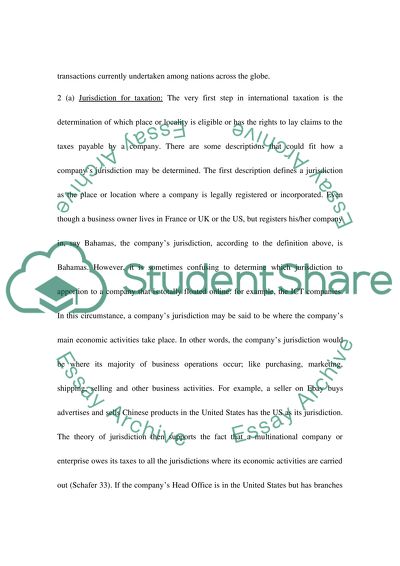Cite this document
(The Concept of International Taxation Case Study, n.d.)
The Concept of International Taxation Case Study. Retrieved from https://studentshare.org/law/1550594-business-law-international
The Concept of International Taxation Case Study. Retrieved from https://studentshare.org/law/1550594-business-law-international
(The Concept of International Taxation Case Study)
The Concept of International Taxation Case Study. https://studentshare.org/law/1550594-business-law-international.
The Concept of International Taxation Case Study. https://studentshare.org/law/1550594-business-law-international.
“The Concept of International Taxation Case Study”. https://studentshare.org/law/1550594-business-law-international.


